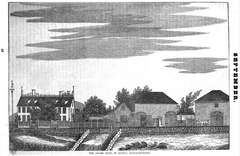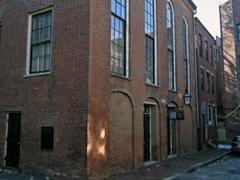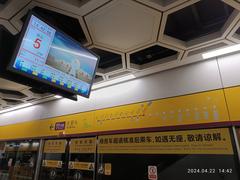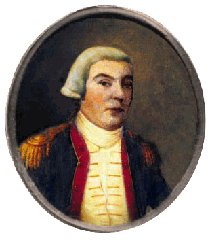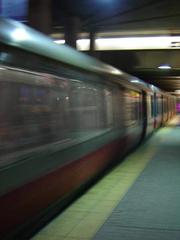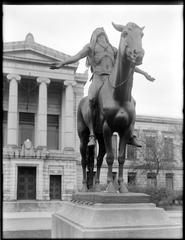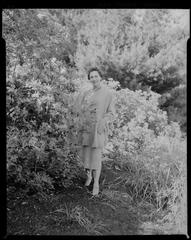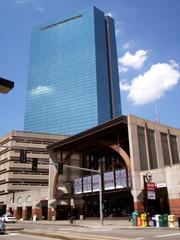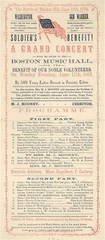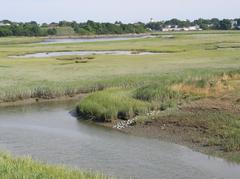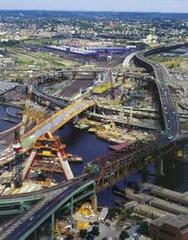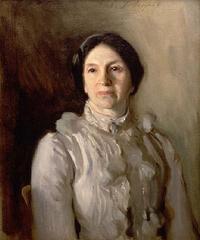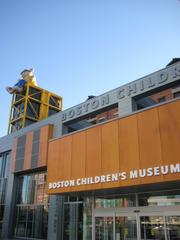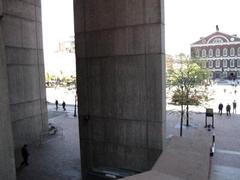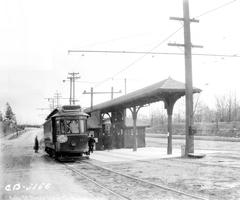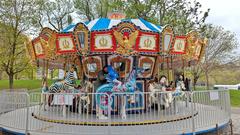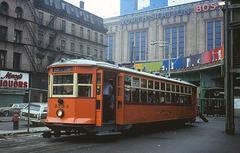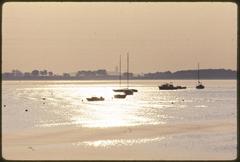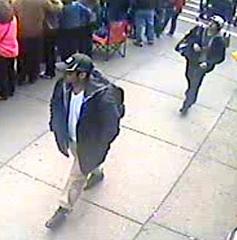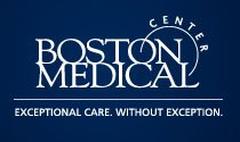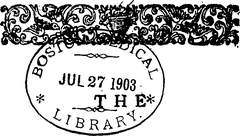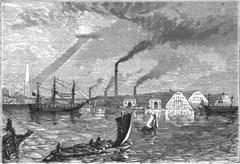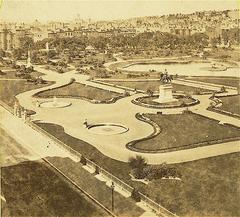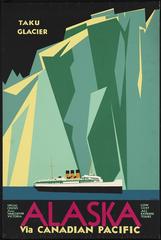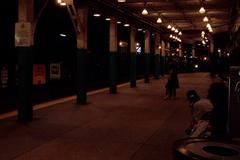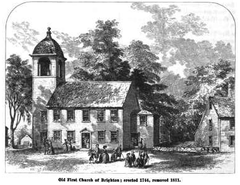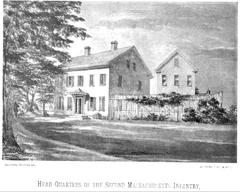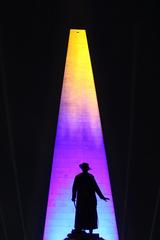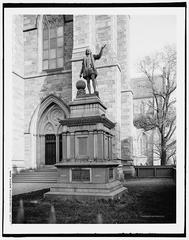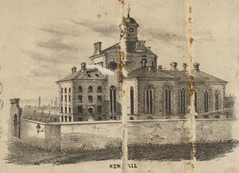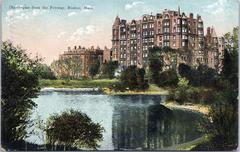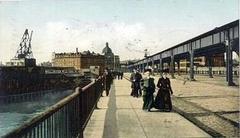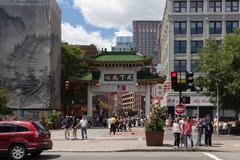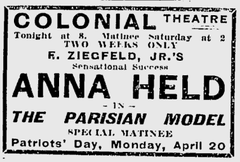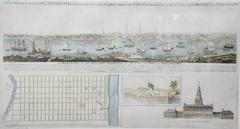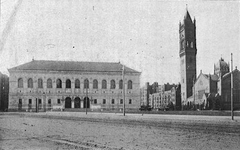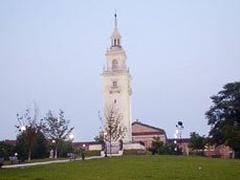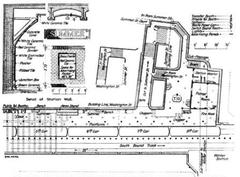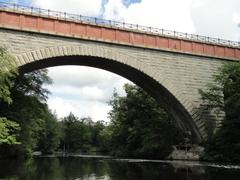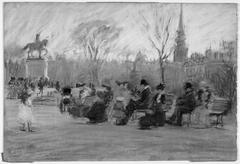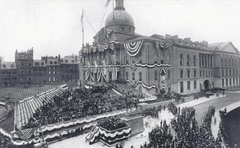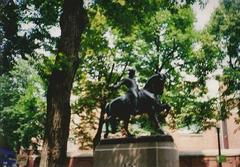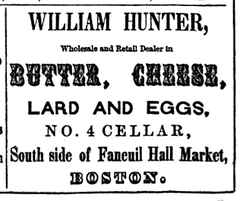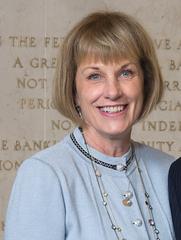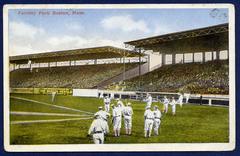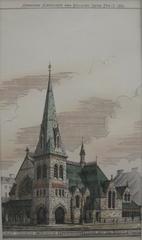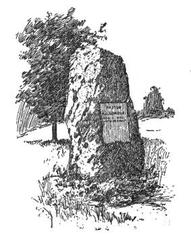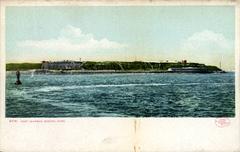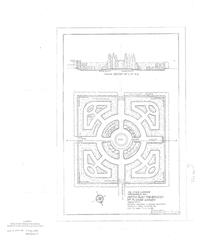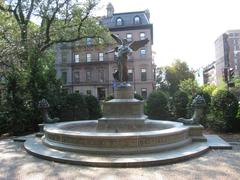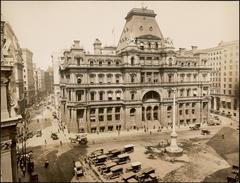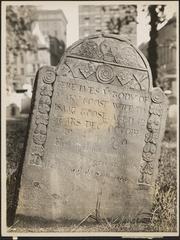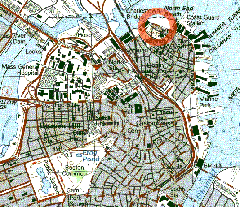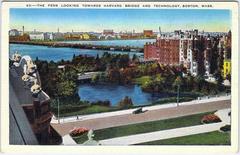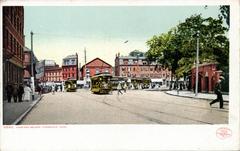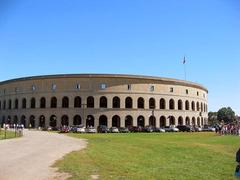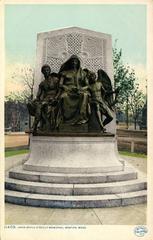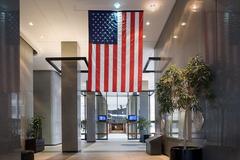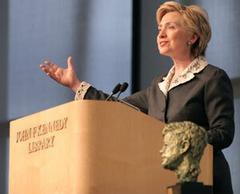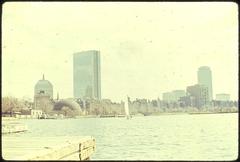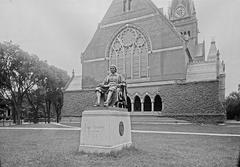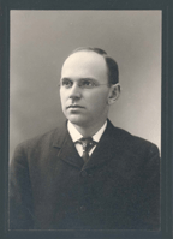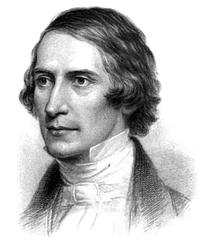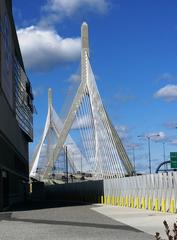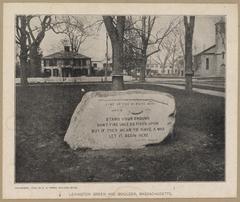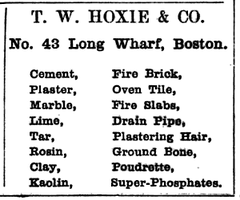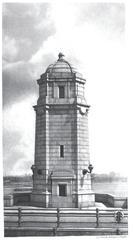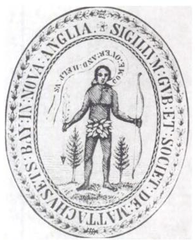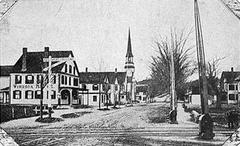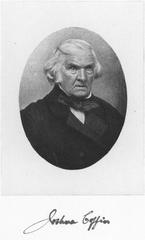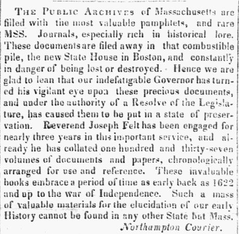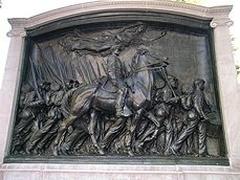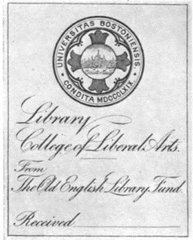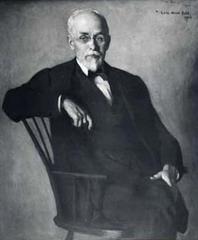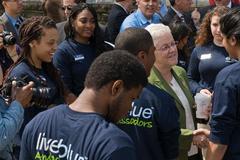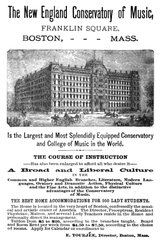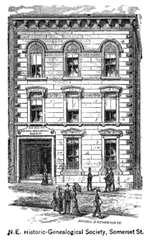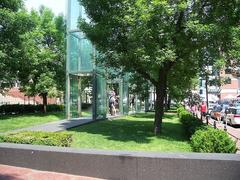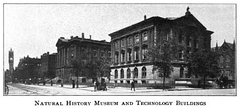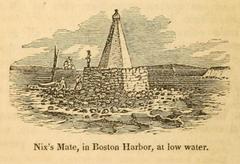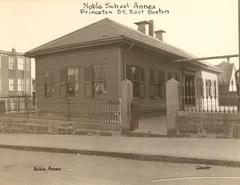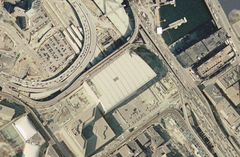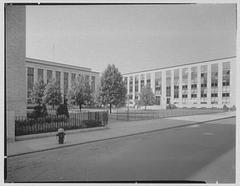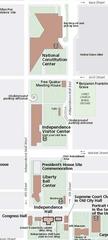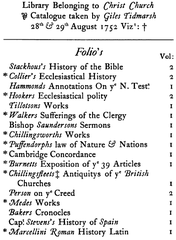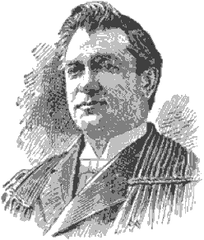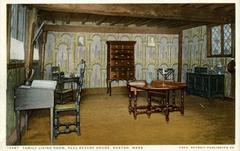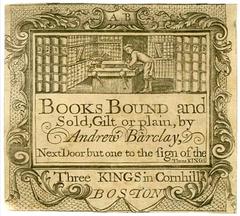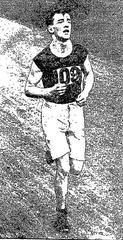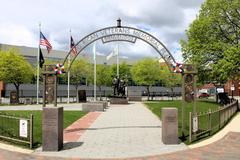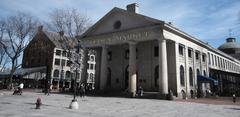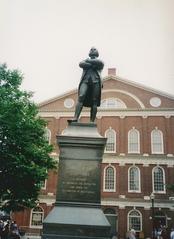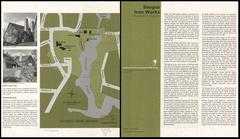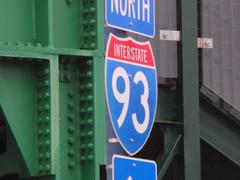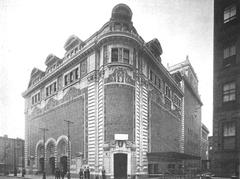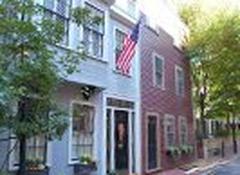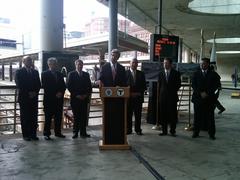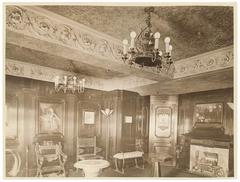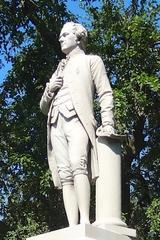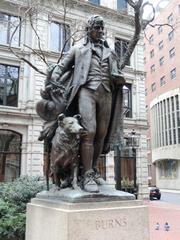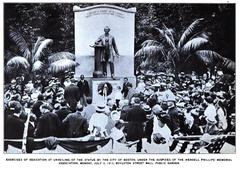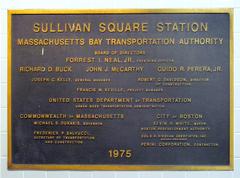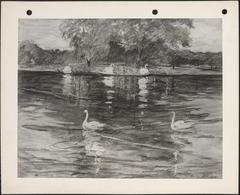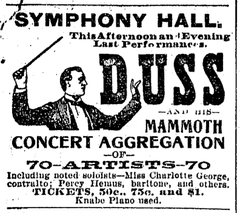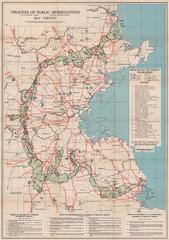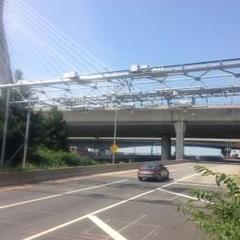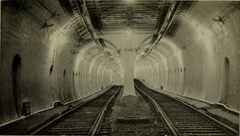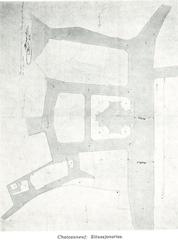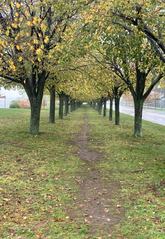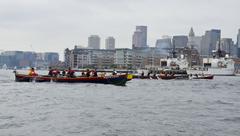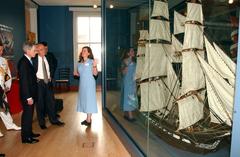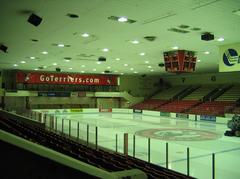
Park Square Boston: Visiting Hours, Tickets, and Historical Sites Guide
Date: 04/07/2025
Introduction
Nestled at the vibrant crossroads of Boston’s downtown, Park Square is a dynamic urban hub where the city’s rich history, cultural energy, and modern amenities converge. Bordered by Stuart, Charles Street South, Boylston, and Arlington Streets, Park Square occupies land that was once part of the historic Shawmut Peninsula, inhabited by Indigenous peoples long before English settlers arrived. Today, Park Square offers a pedestrian-friendly environment with easy access to Boston Common, the Public Garden, the Theatre District, and the Freedom Trail. This comprehensive guide details Park Square’s historical evolution, practical information for visitors—including hours and ticketing—accessibility, and highlights of the surrounding attractions to help you make the most of your Boston experience (Official City of Boston Tourism Site, Meet Boston).
Table of Contents
- Early History and Indigenous Presence
- Colonial and Urban Development
- 19th Century: Transportation and Civic Growth
- Emancipation Memorial and Social Legacy
- 20th Century Transformations
- Visiting Hours, Tickets, and Accessibility
- Unique Features and Visitor Tips
- Key Nearby Attractions
- Seasonal Events and Experiences
- Dining, Shopping, and Nightlife
- Practical Visitor Information
- FAQs
- Conclusion
- References
Early History and Indigenous Presence
Long before Boston’s founding, Park Square’s land was home to Indigenous communities for thousands of years. Archaeological discoveries—such as the ancient fish weir uncovered on nearby Boylston Street—demonstrate sophisticated fishing and settlement activity dating back over 7,000 years (Boston Archaeology Project). The Shawmut Peninsula, with its salt marshes and mudflats, was connected to the mainland by Boston Neck, providing vital resources to Native peoples.
Colonial and Urban Development
English Puritans settled in Boston in 1630, establishing the city on the Shawmut Peninsula. Park Square initially lay at the city’s edge, close to the newly created Boston Common (1634), which served as communal grazing land. Over the centuries, Boston expanded through extensive land reclamation, turning marshes into vibrant neighborhoods. By the 19th century, Park Square linked Back Bay, Bay Village, the Theatre District, and the Boston Public Garden, reflecting Boston’s dynamic urban growth.
19th Century: Transportation and Civic Growth
During the 1800s, Park Square emerged as a key transportation hub with the Boston and Providence Railroad establishing its northern terminus here. This spurred commercial activity, drawing hotels, restaurants, and theaters to the area. The Boston Public Garden, just north of Park Square, was established in 1837 as America’s first public botanical garden. Park Square’s civic role grew, reinforcing Boston’s reputation as a center for innovation, culture, and commerce.
Emancipation Memorial and Social Legacy
In 1879, the Emancipation Memorial was erected at Park Square, symbolizing Boston’s deep involvement in the abolitionist movement and the city’s broader social justice legacy. The statue stood for over 140 years before its removal in 2020 amid discussions about public memorials and historical representation.
20th Century Transformations
The 20th century brought significant changes, including urban renewal and the construction of prominent hotels like the Boston Park Plaza and Four Seasons. Park Square maintained its role as a transportation nexus, with MBTA subway stations, bus routes, and later, Bluebikes access points. Institutions like the University of Massachusetts Boston and Boston Renaissance Charter Public School marked the square’s educational impact during this period.
Visiting Hours, Tickets, and Accessibility
- Visiting Hours: Park Square is an open public space accessible 24/7 year-round. The adjacent Boston Common and Public Garden are generally open from 6:00 AM to 11:00 PM daily (Boston Public Garden Official Page).
- Tickets: No admission fee is required for Park Square, Boston Common, or the Public Garden. However, nearby theaters, guided tours, and some events may require tickets or advance booking (Meet Boston).
- Accessibility: The area is fully accessible with wide sidewalks, curb cuts, and proximity to MBTA stations (Arlington, Boylston, Back Bay). Most attractions and public spaces are wheelchair-friendly; additional accessibility information is available on the Boston.gov Accessibility page.
Unique Features and Visitor Tips
- Photography: Capture the blend of historic and modern architecture, bustling city life, and seasonal landscaping. The Boston Public Garden and Common are ideal for scenic shots.
- Dining: Enjoy diverse culinary options—from classic New England seafood to trendy fusion cuisine—at eateries in and around Park Square, such as the famous Legal Sea Foods.
- Guided Tours: Join walking tours focusing on Boston’s colonial history, abolitionist sites, or architectural highlights. Many begin at or near Park Square (Boston Discovery Guide).
- Events: Park Square hosts seasonal events, public art installations, and civic gatherings. Refer to the city’s official tourism calendar for up-to-date schedules (BostonCentral).
Key Nearby Attractions
- Boston Common & Public Garden: Iconic green spaces for leisure, Swan Boat rides (seasonal), and historic monuments.
- Theatre District: Major venues like the Wang, Shubert, and Emerson Colonial Theatres offer Broadway shows, concerts, and more (Travel + Leisure).
- Freedom Trail: The famous 2.5-mile path through 16 revolutionary sites begins near Park Square (Freedom Trail Official Site).
- Copley Square & Newbury Street: Architectural landmarks, upscale shopping, and galleries are within easy walking distance (Nomadasaurus).
Seasonal Events and Experiences
- Summer Festivals: July features Boston Harborfest, free concerts, Shakespeare on the Common, and vibrant outdoor art events (BostonCentral).
- Winter Activities: Light displays and seasonal markets bring festive cheer to the area.
- Family Fun: Tadpole Playground, street performers, and proximity to the New England Aquarium and Boston Children’s Museum make Park Square family-friendly.
Dining, Shopping, and Nightlife
- Dining: Savor Boston classics—clam chowder and lobster rolls—or explore international flavors at nearby restaurants.
- Shopping: Newbury Street, Prudential Center, and seasonal markets offer a range of shopping experiences.
- Nightlife: The Theatre District and Back Bay are dotted with lively bars, music venues, and late-night cafés.
Practical Visitor Information
Transportation
- Subway/MBTA: Arlington and Boylston (Green Line), Back Bay (Orange Line, commuter rail, Amtrak) are all within a 10-minute walk (MBTA info).
- Bus and Silver Line: Direct connections to Logan Airport and other Boston neighborhoods.
- Biking: Bluebikes stations are conveniently located.
- Driving & Parking: Parking is limited and expensive; public transit is recommended. If driving, pre-book a garage and budget $30–$50 per day (My Vintage Map).
Visitor Amenities
- Restrooms: Available at Boston Common and major theaters.
- Wi-Fi: Free in many cafés, public spaces, and the Boston Public Library.
- Visitor Center: Boston Common Visitor Center at 139 Tremont Street provides maps and assistance.
- Safety: The area is generally safe; exercise standard urban precautions, especially at night.
Weather
- Best Time to Visit: Late spring through fall offers pleasant weather. Boston summers are warm and lively; winters can be cold and snowy. Dress in layers and check forecasts (Nomadic Matt).
FAQs
Q: What are Park Square’s visiting hours?
A: Park Square is open 24/7. Boston Common and Public Garden are generally open from 6:00 AM to 11:00 PM.
Q: Do I need tickets to visit Park Square?
A: No. Park Square and adjacent parks are free to enter. Tickets may be needed for theaters, tours, or special events.
Q: Is Park Square accessible by public transit?
A: Yes. Multiple MBTA subway lines, bus routes, and Bluebikes make Park Square easily accessible.
Q: Are guided tours available from Park Square?
A: Yes. Historical, food, and themed walking tours often start near Park Square (Boston Discovery Guide).
Q: Is the area family-friendly?
A: Absolutely. Parks, playgrounds, and nearby attractions cater to visitors of all ages.
Conclusion
Park Square Boston is a living testament to the city’s layered past and energetic present. From its Indigenous roots and colonial beginnings to its role as a transportation hub and vibrant gathering place, Park Square connects visitors to Boston’s history, green spaces, theaters, and cultural landmarks. Accessible, walkable, and packed with attractions and amenities, Park Square is the perfect launching point for your Boston adventure.
For personalized itineraries, ticket bookings, and up-to-date information, download the Audiala app. Stay connected with us on social media and explore our related articles for more Boston travel inspiration.
References and Further Reading
- Official City of Boston Tourism Site
- Boston Public Garden Official Page
- Freedom Trail Official Site
- Boston Archaeology Project
- Meet Boston Visitor Guide
- Boston Discovery Guide
- Travel + Leisure
- Nomadasaurus
- BostonCentral
- ArchDaily
- Urban History Project
- MBTA info
- My Vintage Map
Enhance your Boston visit—download the Audiala app for expert-guided tours, event alerts, and the latest travel tips.
















